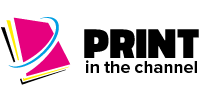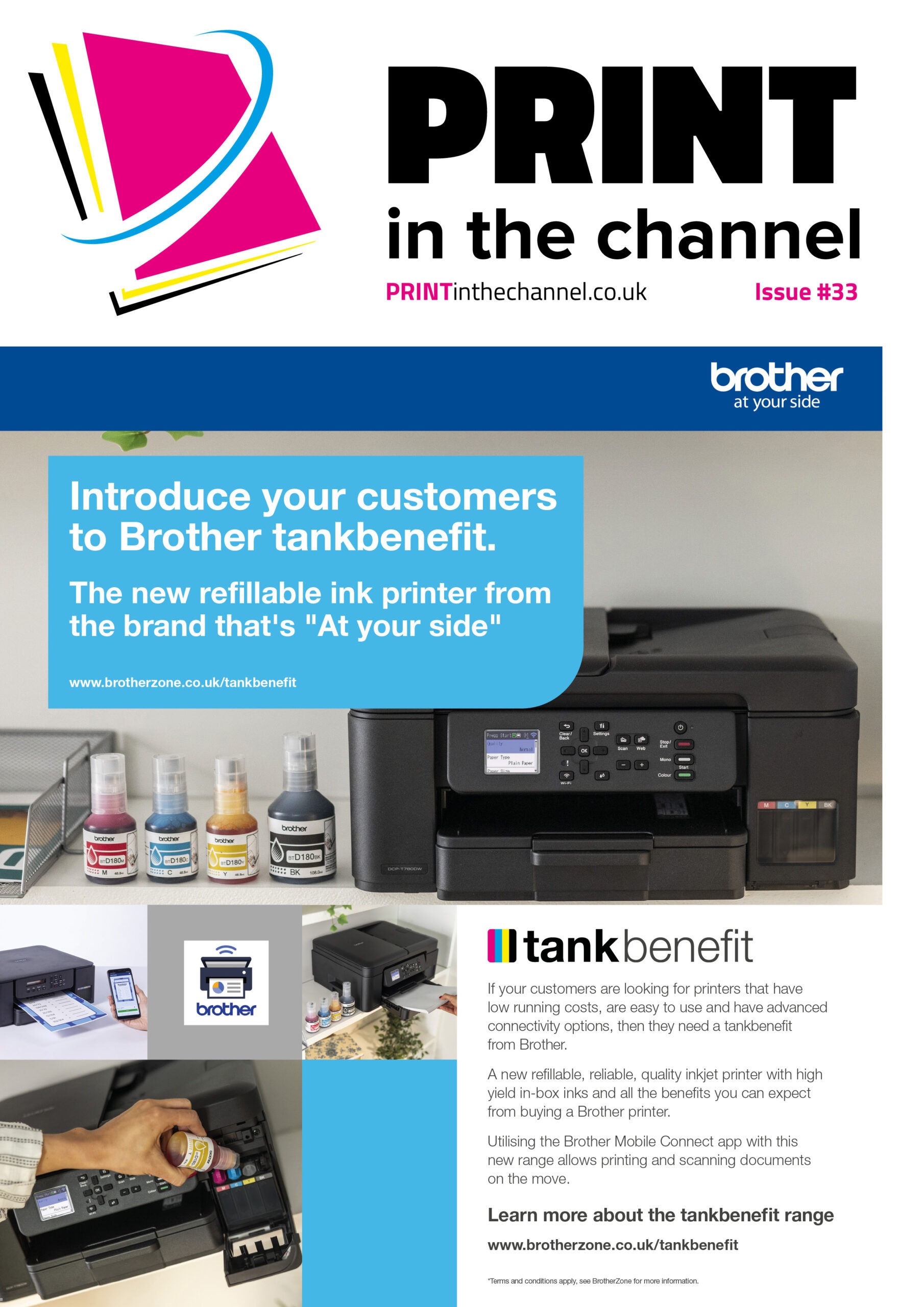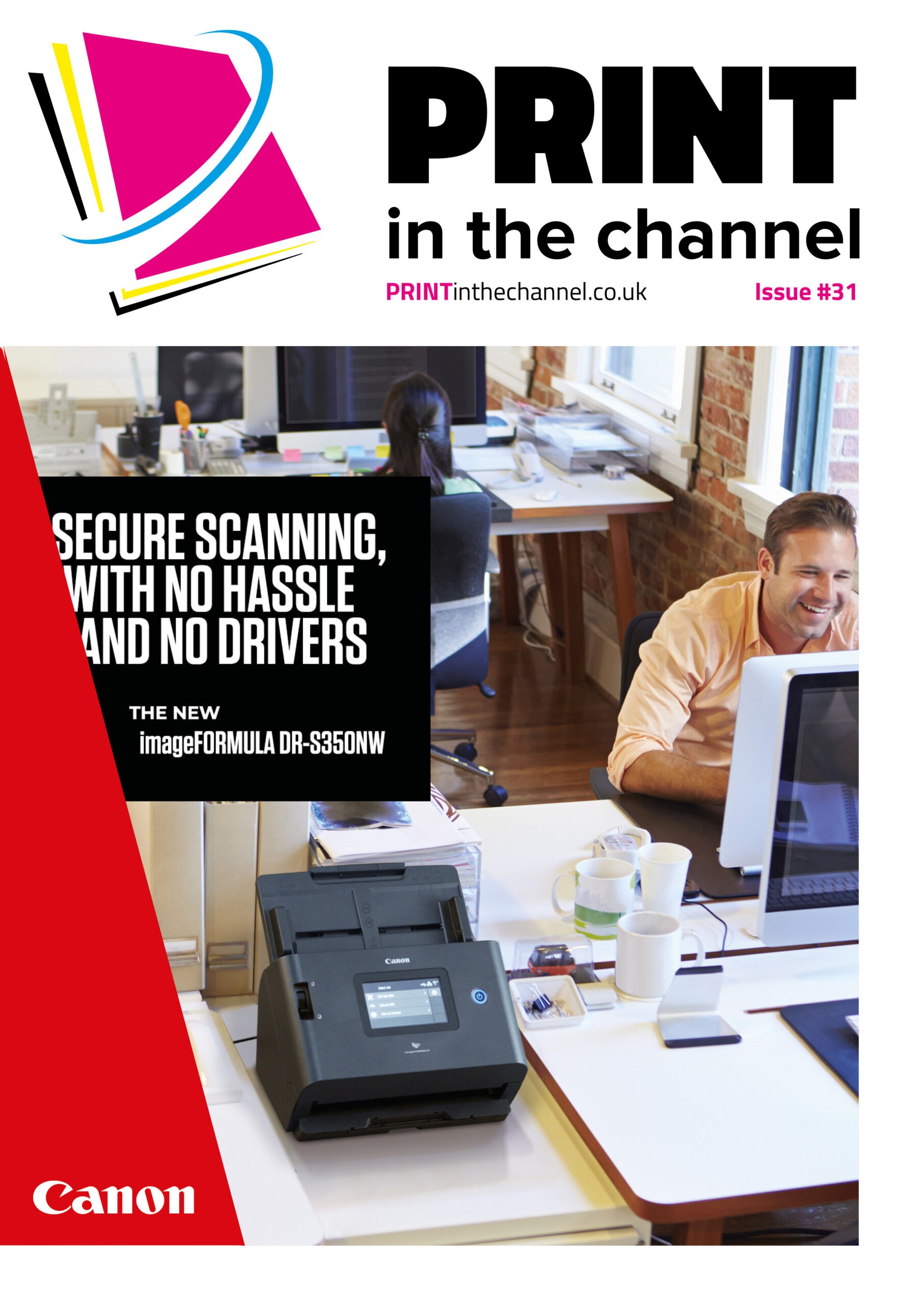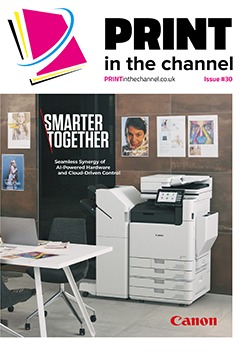With sustainability continuing to ascend the corporate agenda, businesses are looking for environmental savings wherever they can, and workflow automation can help with this.
Sustainability is no longer seen by business as a ‘nice to have’ – often it is an imperative and can be the difference between winning new business or not. With this in mind, managers are looking at all aspects of how a business works to find environmental savings – and workflow automation is an increasingly popular option.
Paul Day, managing director of Filestream, says that businesses benefit in several ways from using automated workflow solutions.
“Businesses use fewer resources, which give cost and energy savings towards their sustainability goals and this can be measured by looking at what they do now and then measuring what they do or don’t do as a result of implementing smarter solutions. This can mean something as simple as requiring less physical space for document storage,” he says. “This will undoubtedly create cost and time efficiencies for staff who may have spent time accessing documents and finding them easily. Even if you have online ‘filing cabinets’ having a smarter system will speed up the process, giving staff time to take on more productive tasks.”
Electronic document workflows also reduce the amount of hard copy output, Paul adds. “Customers will use less paper and produce less waste,” he says. “Using scan-to-email technology to distribute documents electronically and store scanned documents in an electronic repository has multiple benefits. It’s important to ensure your scanners are up to date and therefore more efficient and it’s also good to know how green the servers are on which your technology operates. This is often known as understanding the whole life cycle of your processes within the business.”
Automating postal workflows
Allied to this, streamlining and automating print and postage workflows can make a difference to a company’s sustainability goals, says Ian Forster, FDM Document Solutions’ sales and marketing director.
“In addition to improving processes, which can often have a direct impact on paper waste, the equipment is also more efficient in terms of output and energy use,” he says. “What’s more, the functionality of the latest and most innovative systems and how they are designed is purposeful, reducing the impact they have on the environment as standard.”
Ian cites FDM Document Solutions’ Hi-mail hybrid mail system as an example. “The system has been designed to remove any unnecessary processes in the print, mail and tracking of documents,” he says. “Furthermore, the way the system is implemented means it is integrated into a current tech stack, removing the need for further equipment that would have a negative impact on the environment.
“It removes needless processes and ensures that the print, post and tracking of any documents can be managed in the most efficient way. With large volumes, companies such as FDM Document Solutions will also work with post providers to ensure the most effective method of delivery is chosen, whether this is last mile or an alternative. In addition to reducing costs, this also has a direct and positive impact on how sustainable the process is.”
Reseller conversations
When talking to customers about workflow automation solutions, there are various benefits that should be discussed. Ian says there are two significant benefits that are shared with prospects. “Sustainability and cost reduction,” he says. “They are a very powerful combination.”
Paul says that a great way to start the conversation with customers is to ask them what their sustainability goals are as a business. “This will then set the scene as to where a company already is when it comes to talking about automated workflows,” he says. “Some may already have BCorps status, for example, some may be just considering how to move towards net zero, some may be thinking about it but have done nothing. This allows a supplier to have a sensible discussion around the positive impacts around sustainability which make sense to the customer.”
Market development
With sustainability set to be a key part of business’ considerations going forward, this part of the market is set to continue to grow in popularity in the next 12-24 months.
Paul believes this market will only grow in the coming years. “Security and ESG will become increasingly important for businesses and this will also impact any procurement or tendering process,” he explains. “Those looking to procure new partners or suppliers will be looking for this for the sustainability of their own supply chain and for their own accountability. Indeed, many bigger companies will move away from any brand in their supply chain that doesn’t take ESG and sustainability more seriously.”
Ian adds that businesses remain committed to reducing their environmental footprint. “If combined with lower overheads, the case becomes increasingly compelling,” he says.









